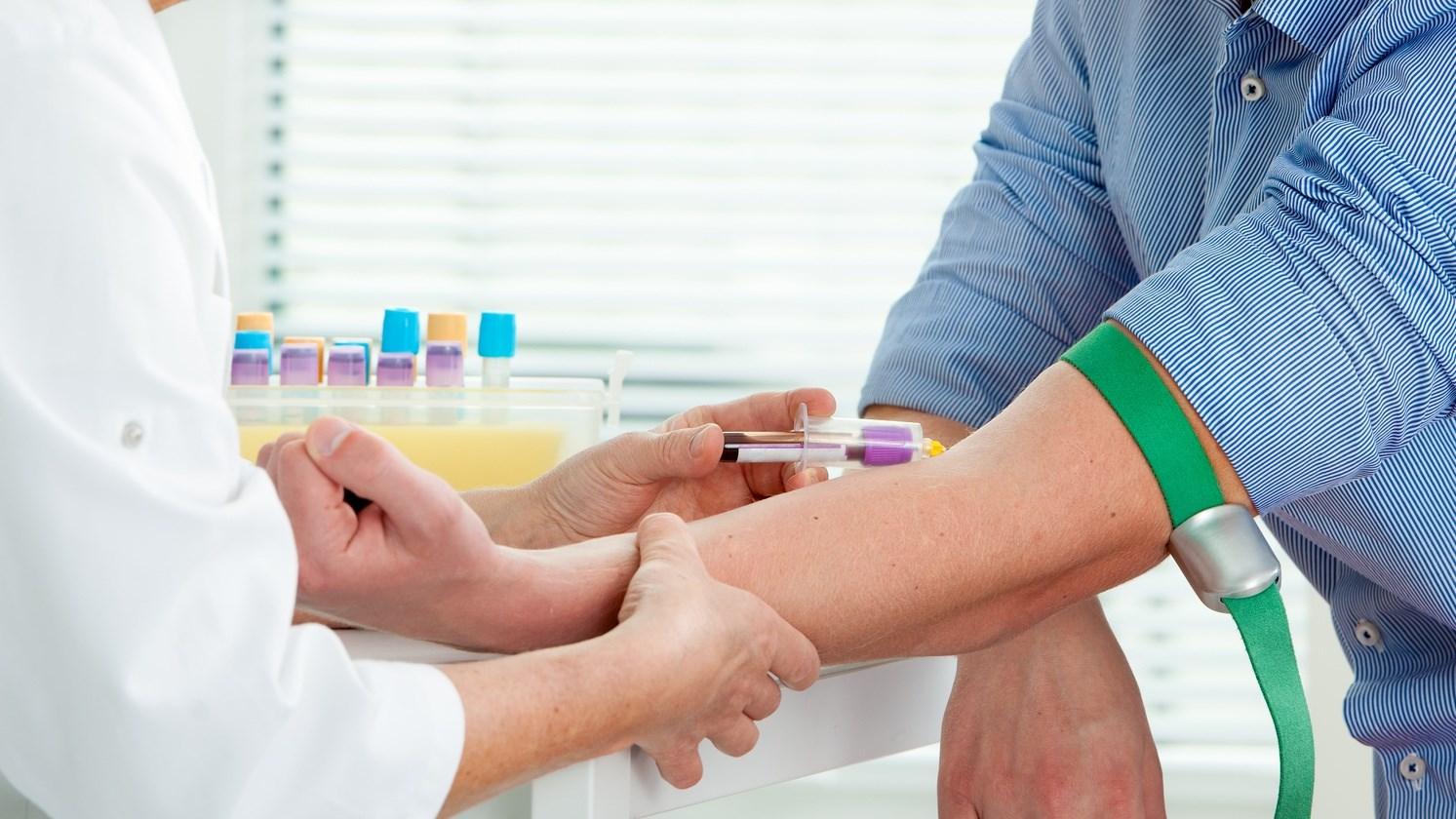
Urine test for prostate cancer could reveal who needs urgent treatment
Peer reviewed by Natalie HealeyLast updated by Ashwin BhandariLast updated 26 Jun 2019
Meets Patient’s editorial guidelines
- DownloadDownload
- Share
- Language
- Discussion
Scientists have developed a urine test to identify men who are most likely to need treatment after being diagnosed with early prostate cancer.
Researchers at the University of East Anglia (UEA) and the Norfolk and Norwich University Hospital have developed a urine test to diagnose aggressive prostate cancer and predict whether patients will require treatment up to five years earlier than the current test (the PSA test).
The new test could help large numbers of men avoid unnecessary worry, investigations and medical treatment. Prostate cancer often grows slowly to start with, and won't lead to future problems for some men. While more aggressive tumours in others require cancer treatment.
Lead author Dr Shea Connell, from UEA's Norwich Medical School, said: "Prostate cancer is more commonly a disease men die with rather than from. Unfortunately, we currently lack the ability to tell which men diagnosed with prostate cancer will need radical treatment and which men will not."
He hopes the test will be available on the NHS within three years, and offered alongside PSA testing.
The research team developed the Prostate Urine Risk (PUR) test, using machine learning to look at gene expression in urine from samples collected from over 500 men. By examining 167 genes, the team found a combination of 35 different ones that could be used to produce a maker for those most at risk of an aggressive form of the disease.
Robert Mills, consultant surgeon in urology at Norfolk and Norwich University Hospital, said: "Currently diagnostic tests for prostate cancer are too nonspecific to differentiate those without prostate cancer. This test has the potential to improve clinical decision making by helping to differentiate these three groups."
Dr Mark Buzza, global director of biomedical research programs at the Movember Foundation that funded the study, said: "The PUR test has enormous potential to transform the diagnosis and treatment of prostate cancer. Bringing researchers together to collaborate rather than compete for funding allows research findings to be fast-tracked for the benefit of men."
The research was published in BJU International.
Patient picks for Prostate cancer

Cancer
Why are Black men more likely to die from prostate cancer?
Each year, about 52,000 men are diagnosed with prostate cancer in the UK. However, Black men are at higher risk of prostate cancer than other men. 1 in 4 Black men will get prostate cancer in their lifetime. This is double the 1 in 8 risk of other men.
by Emily Jane Bashforth

Cancer
PSA testing options
The prostate specific antigen (PSA) test is a blood test used to see if you might have prostate cancer and to monitor treatment for prostate cancer. The PSA test does not tell you for certain whether you have prostate cancer.
by Dr Colin Tidy, MRCGP
Continue reading below
Article history
The information on this page is peer reviewed by qualified clinicians.
26 Jun 2019 | Latest version

Ask, share, connect.
Browse discussions, ask questions, and share experiences across hundreds of health topics.

Feeling unwell?
Assess your symptoms online for free
Sign up to the Patient newsletter
Your weekly dose of clear, trustworthy health advice - written to help you feel informed, confident and in control.
By subscribing you accept our Privacy Policy. You can unsubscribe at any time. We never sell your data.